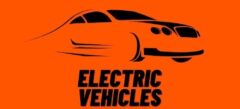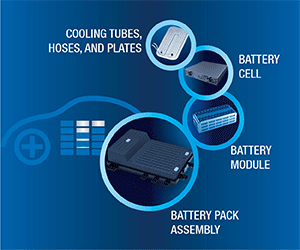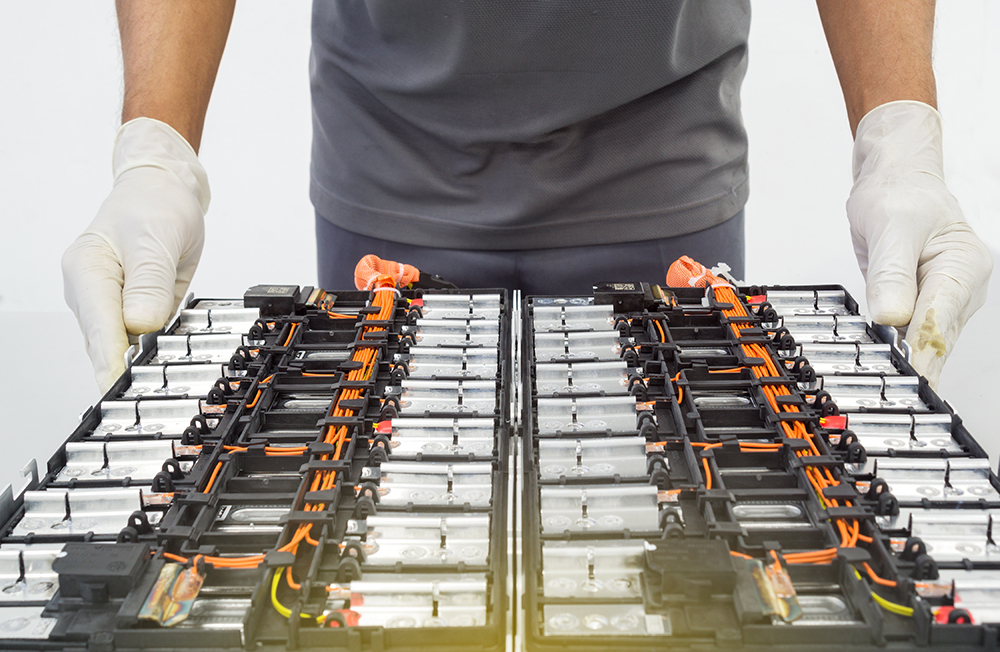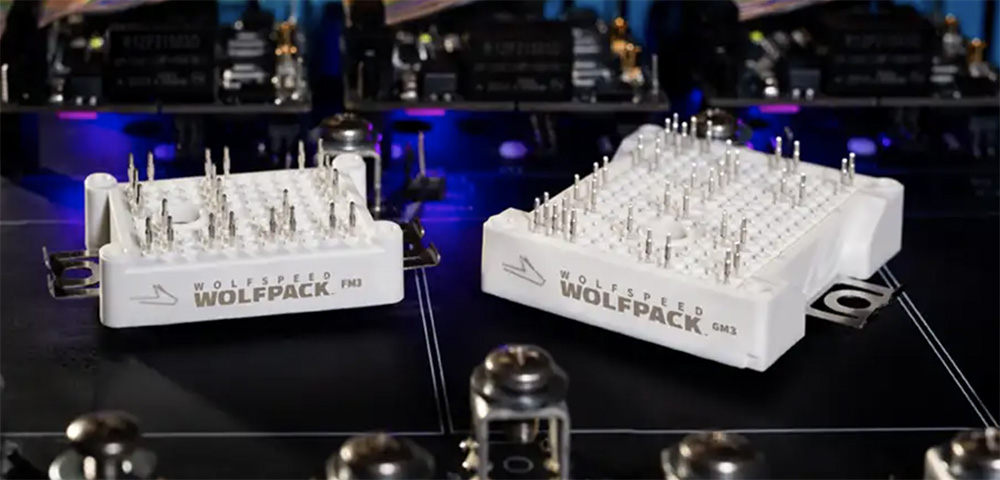[ad_1]
New battery structure relies on internal thermal modulation to increase charging speed
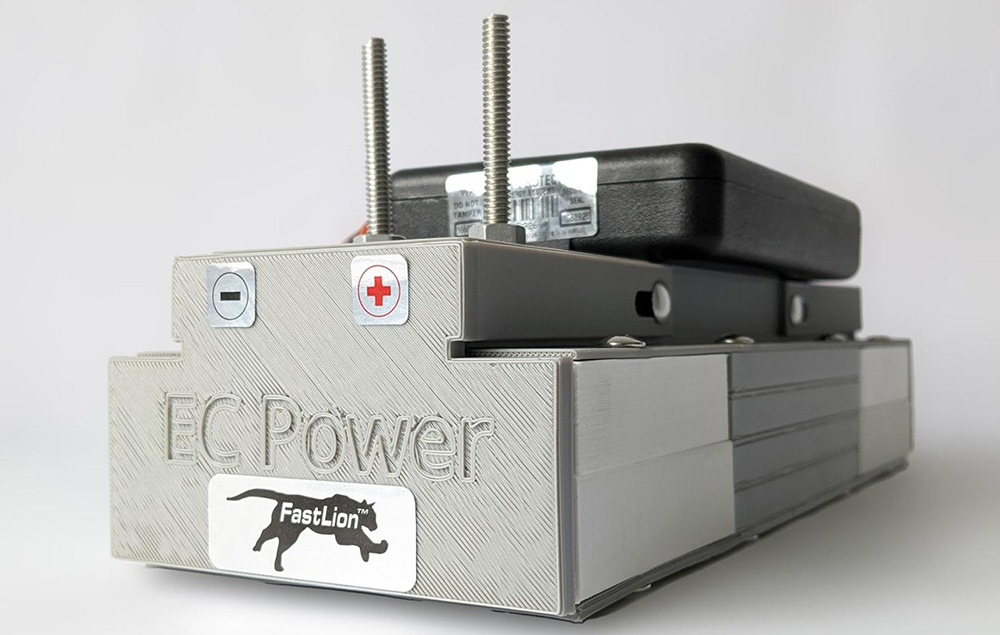
A team of researchers at Penn State has developed a new battery structure that uses internal thermal modulation to optimize battery temperature, which could lead to faster charging times.
The researchers describe their work in “Fast charging of energy-dense lithium-ion batteries,” published in Nature.
Batteries operate most efficiently in an optimal temperature environment, as team leader Chao-Yang Wang explained. Keeping batteries consistently at just the right temperature has always been a challenge for battery engineers. Historically, they have relied on external, bulky heating and cooling systems to regulate battery temperature, but these respond slowly and waste a lot of energy.
Wang and his team decided to regulate the temperature from inside the battery. They’ve developed a new battery structure that adds an ultra-thin nickel foil as the fourth component (besides the anode, electrolyte and cathode). According to Wang, the nickel foil self-regulates the battery’s temperature and reactivity, which allows for 10-minute charging in just about any EV battery.
The researchers’ partner, State College-based startup EC Power, is working to manufacture and commercialize the fast-charging battery.
“Our fast-charging technology works for most energy-dense batteries, and will open a new possibility to downsize electric vehicle batteries from 150 to 50 kWh without causing drivers to feel range anxiety,” said Wang. “The smaller, faster-charging batteries will dramatically cut down battery cost and usage of critical raw materials such as cobalt, graphite, and lithium, enabling mass adoption of affordable electric cars.”
Source: Penn State
[ad_2]
Source link
